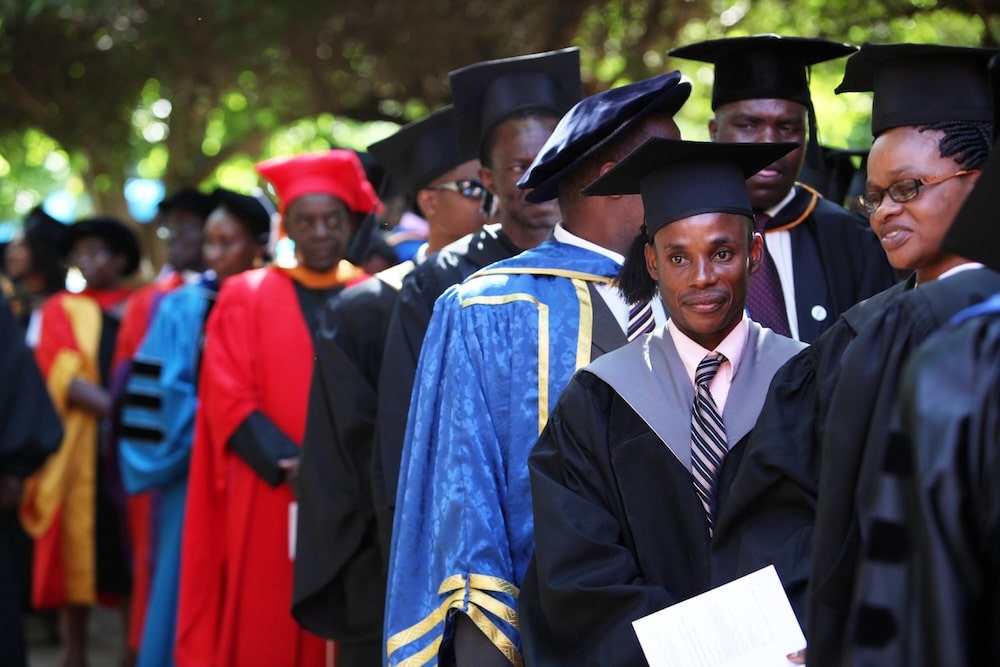After you have been certified as a candidate for at least one year (and no more than 12 years) and have completed at least half of your educational requirements, your annual conference may choose to approve you for commissioning and provisional membership. The next steps:
- Examination by the Board of Ordained Ministry.
- Approval of clergy session.
- Commissioning and licensing by the annual conference.
Once you are commissioned, you begin provisional membership and are brought into the clergy covenant.
During the provisional period (two to eight years), you will serve under appointment by the bishop during the provisional years in areas of service appropriate to your calling. Provisional members may be appointed to congregations (deacons or elders), to attend school, to extension ministry (elders) or in appointments beyond the local church (deacons). They are supervised by a district superintendent, to whom they submit an annual report.
The provisional period is a time to gain experience in ministry. To be approved for ordination, the provisional member must demonstrate fruitful ministry. Partial evidence of that fruitfulness is the preparation of a project “that demonstrates fruitfulness in carrying out the church’s mission of ‘making disciples of Jesus Christ for the transformation of the world.’ ” Each annual conference develops guidelines for the project.
During your provisional period, your annual conference will prepare a residency in ministry training program to expand on your seminary education in practical ways, as well as prepare you for your ordination examination. This is an important time of developing supportive and accountable relationships among your clergy colleagues, learning from experience and clarifying your sense of call.
Take responsibility for your growth in ministry. Attend your residency in ministry gatherings, participate openly and honestly, and ask your Board of Ordained Ministry for clarification, if necessary, on their standards for ordained ministry.
Rights of Provisional Member
- Provisional members may vote on matters before the annual conference except:
- Amendments to the constitution of The United Methodist Church.
- Matters of ordination, character and conference relations of clergy.
- Provisional members may serve on any board, commission or committee of the annual conference except the Board of Ordained Ministry.
- Provisional members are not eligible for election as delegates to general, central or jurisdictional conferences.
- Provisional members who reach retirement age are automatically discontinued.
- Provisional members may discontinue this relationship or may be discontinued by the Board of Ordained Ministry. In the case of discontinuation without consent, the provisional member may request a fair process hearing.





